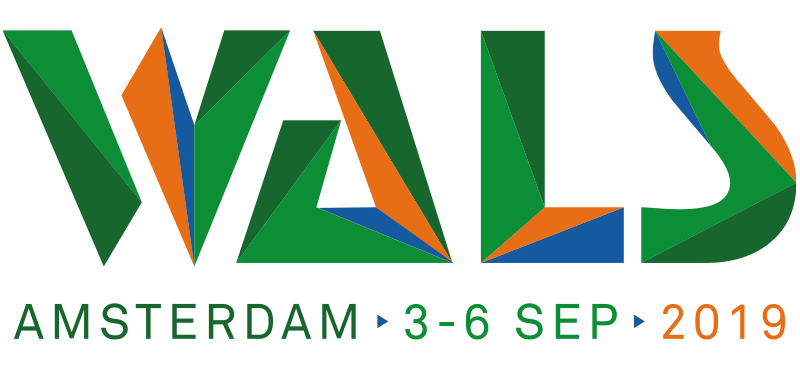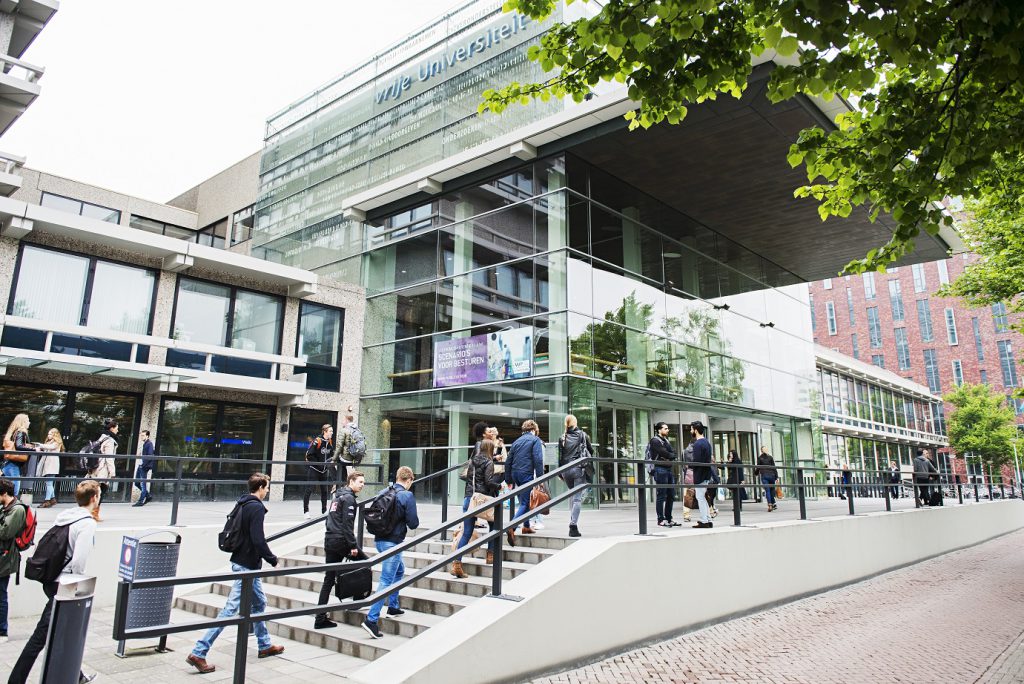WALS 2019 is organised by WALS and the Dutch host organisations VU Amsterdam, University of Groningen, and University Utrecht in collaboration with Leids Congres Bureau.
Three outstanding universities
Leading organizing university is VU Amsterdam. Ever since it was founded in 1880, VU Amsterdam has been known for its distinctive approach to knowledge. VU is an open organization, strongly linked to people and society. What matters is not just the acquisition of a greater depth of knowledge, but also a wider one. We ask and expect our students, researchers, PhD candidates and employees to look further – to look further than their own interests and their own field, and further than what is familiar and further than the here and now. Academic research and education at VU is characterized by a high level of ambition, and encourages free and open communications and ideas. VU stands for universal university values such as academic freedom and independence, which is reflected in our name (‘VU’ is the Dutch abbreviation for ‘free university’): free from the church, state and any commercial interest. The basic philosophy of VU is expressed in three core values: responsible, open, and personally engaged. The teacher training institute of VU Amsterdam is LEARN!, a multidisciplinary institute, that comprises both pedagogical, neuropsychological as well as applied educational studies. Many research projects are carried out in direct collaboration with societal partners (e.g. schools, universities of applied sciences, educational industry and others). The institute carries out both pure and applied research. LEARN! Academy has developed the first Lesson Study facilitator course in the Netherlands and carries out research on how to develop need-supportive teaching strategies for both academics and behaviour by collaboratively designing differentiated lessons.



